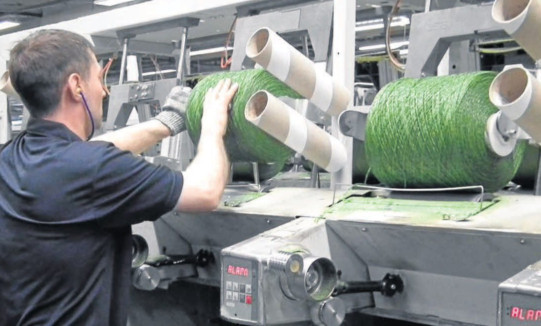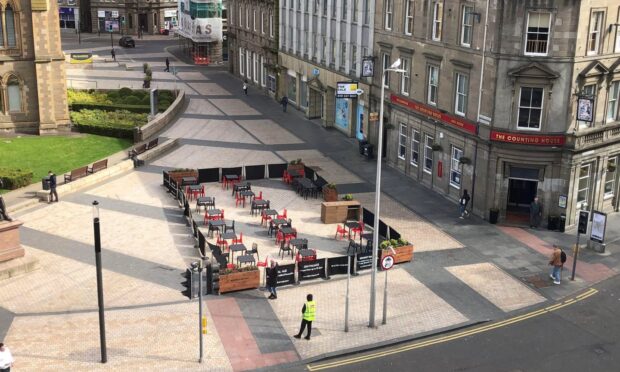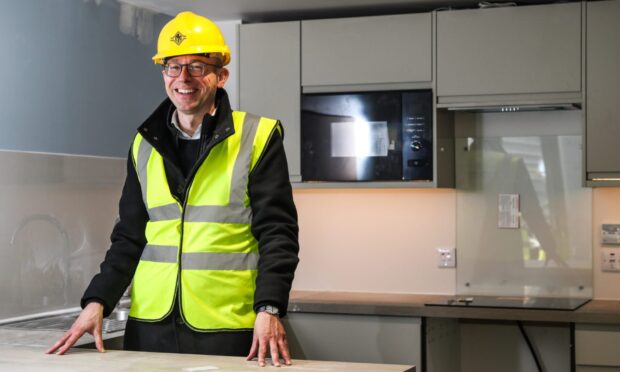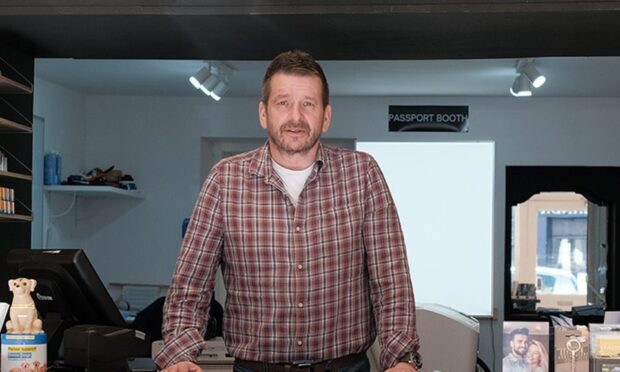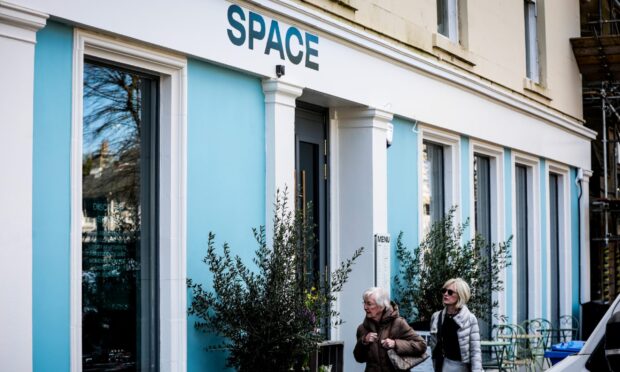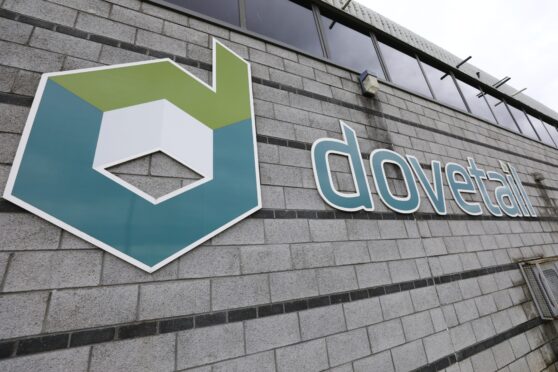Performance textiles group Low & Bonar has opened a £26 million production plant in China.
Formed in Dundee more than a century ago and synonymous with the city’s jute trade, the company is producing a proprietary technical textile in China for the building and automotive industries.
In the first venture of its kind by a British company in China, Low & Bonar has opened its own manufacturing plant for Colback®, a proprietary nonwoven premium brand fabric, in the Yangtze River Delta.
The £26m site will supply flooring, building and automotive sectors in both domestic and Asian regional markets.
As demand grows for cleaner air and water, the plant will also supply a range of technical and textile solutions for air and water filtration usage.
Chief executive Brett Simpson said: “It is our strategy to have production close to our core markets in order to secure short lead-times and provide world class service to our customers.
“China, and the rest of Asia Pacific, is a future core market for Low & Bonar Group. Having full control of the production process is essential to deliver products of a consistent high quality and performance.”
The majority of sales are likely to come from China and the rest from Asia Pacific, and the plant is expected to meet global capacity requirements for Colback® for the next five years.
Colback® is widely used as a primary backing in carpet tiles, high-grade patterned wall to wall carpeting and walk-off mats.
The material’s special qualities prevent carpets from bowing and skewing, making installation easier.
Low & Bonar transferred part of its Bonar Yarns artificial grass production from the Caldrum Works in Dundee to Abu Dhabi in 2014 to improve profitability.
The move saw half of the company’s 140-strong Dundee workforce being made redundant.
The Dundee plant with its 70 remaining staff performed well last year, but in February Mr Simpson said another Dundee production line could also be transferred to Abu Dhabi.
He said the transfer could take place later this year or later, and would be determined by the state of the market.
